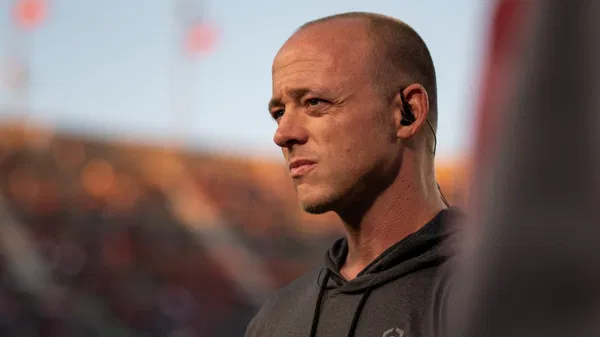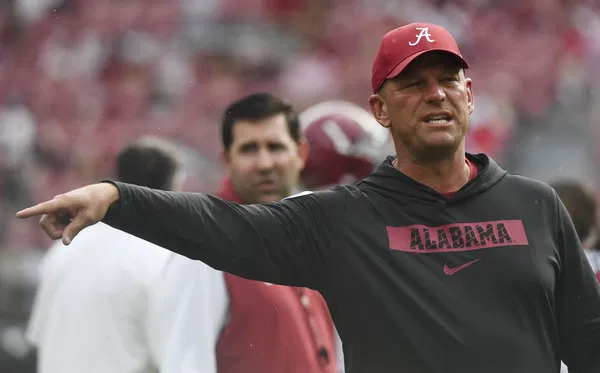
—from playoff formats to conference realignment. Yet, there’s one topic that consistently brings everyone to the same side: officiating. Even the most intense rivals can unite in their frustration with how poorly games are officiated in the sport. The issue isn’t new—it’s been a longstanding problem. Unlike other aspects of the game that have evolved and modernized, officiating has largely remained outdated. Game-changing mistakes by referees have not only impacted individual matchups but sometimes shifted the trajectory of entire seasons.
Missed calls are certainly frustrating, and they hurt the integrity of the game. But these happen in every sport, including professional leagues. Human error is part of the deal. What’s harder to accept is the inconsistency in officiating standards across different conferences and the absence of any national accountability system. Recently, a well-known college football analyst criticized not the referees themselves, but the governing bodies behind them. He argued that these administrative figures are making the officials look worse than they actually are by failing to establish universal standards for officiating across conferences. Even though CFB is a multibillion-dollar industry in 2025, rules and interpretations still vary by conference, creating chaos.

On the April 6th episode of his show, the analyst bluntly stated, “College football officiating is broken. It’s bad. In many cases, it outright sucks.” But his criticism wasn’t aimed at referees’ momentary lapses. He highlighted the systemic problem: the way different conferences like the SEC and Big Ten operate under different sets of priorities and interpretations of rules. That leads to confusion not only on the field but for viewers at home. Last season, Alabama and its new coach Kalen DeBoer experienced this firsthand.
In their Week 13 showdown against Oklahoma—Alabama’s first SEC clash with their new conference mate—controversy erupted in the fourth quarter. Down by three touchdowns, Alabama had a critical 4th and 3 in Oklahoma territory. Quarterback Jalen Milroe launched a 40-yard touchdown to freshman Ryan Williams, which could’ve sparked a comeback. However, the play was called back due to a dubious “illegal touching” penalty. The ref claimed Williams was improperly aligned at the snap, but replays and commentators pointed out that the formation looked entirely legal. This decision drew widespread criticism, and the analyst has consistently pointed to this incident as evidence of deeper structural failings—not just a simple blown call.
He further emphasized on his show that it’s unfair to expect consistent excellence from referees when they are part-timers. The real blame, he says, lies with the leaders of each conference. The SEC commissioner and the Big Ten commissioner, for example, operate independently and enforce different interpretations of rules. He argued that officiating should be nationalized and standardized, with full-time professionals trained under one unified system. The fact that this hasn’t already happened in such a lucrative sport is baffling, according to him.
Despite ongoing conversations about the issue, no meaningful reforms have been implemented. The divide between major conferences like the SEC and Big Ten continues, making it hard to bring everyone under a single standard. But if Alabama—a powerhouse in the sport—isn’t immune to questionable officiating, perhaps their struggles could eventually push the sport toward reform. In the end, fans want consistency. They want to know that no matter which game they’re watching or which conference is involved, the rules will be interpreted the same way. Until that happens, criticism of officiating is unlikely to go away.